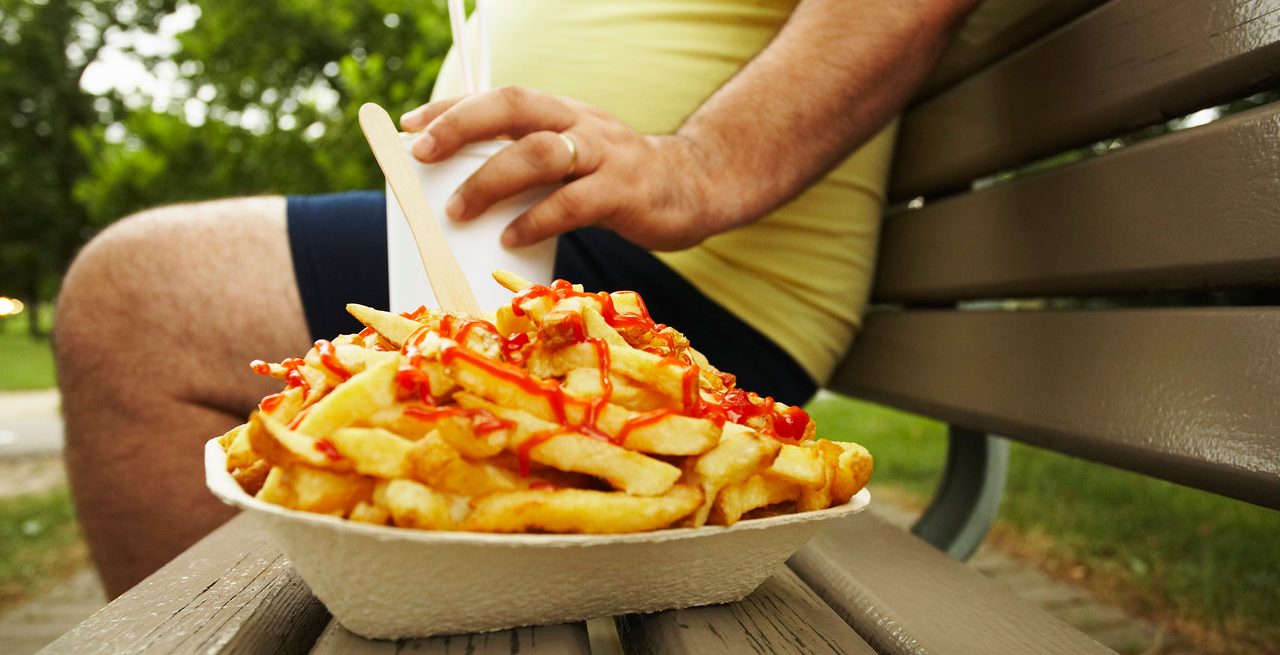
Debunking Eating Disorder Myths
Exploring untruths about the spectrum of unhealthy relationships to food, what really may be causes, and how to recover.

Exploring untruths about the spectrum of unhealthy relationships to food, what really may be causes, and how to recover.
Many people go on a diet to lose a few extra pounds, but for some people, dieting turns into an eating disorder. Researchers aren't sure why this happens. Find out more about eating disorders by taking this quiz.

At least 8 million people in the U.S. are living with an eating disorder. The overwhelming majority—about 90%—are female.

Your gut sends your brain messages all day long.

Aplastic anemia happens when bone marrow, the spongy tissue inside bones, doesn't make enough red blood cells, white blood cells, and platelets.

Emotional eating affects most everyone from time to time, but regularly letting your feelings guide your food intake can affect your health.

Bulimia nervosa is a disorder in which food intake gets out of control. Having this eating disorder is nothing to be ashamed of. Talk to your doctor or another person you trust.

This illness resembles bulimia nervosa and is characterized by episodes of uncontrolled eating.

The exact cause of pica syndrome is not known, but it might involve mineral deficiency and psychological age. Learn about what pica is here.

The disorder may develop when others make repeated negative comments about a person's weight.

When a desire to eat healthily becomes an obsession, it can change from a smart lifestyle choice to an eating disorder.